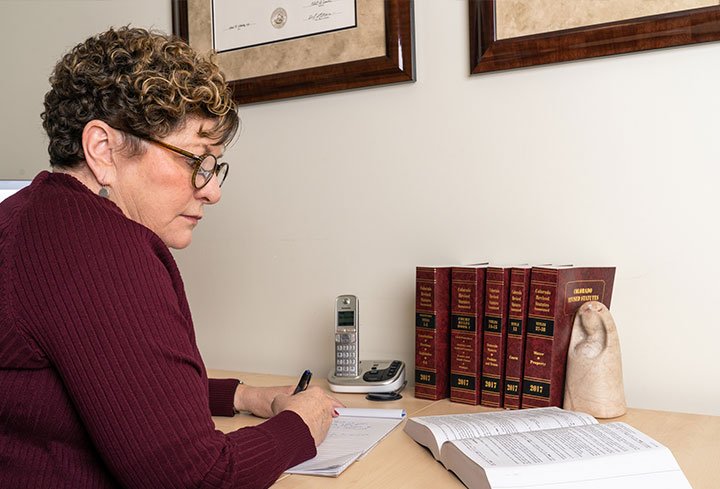
The landlord/tenant relationship is important and can be fraught with legal and emotional minefields.
To both sides of this relationship I say:
a) get agreements in writing (emails are OK) and do not rely on conversations or text messages; and
b) take pictures at move-in and move-out.
Most arguments can be avoided by having agreements clearly stated in a lease that is well-written and understandable.
Lease Review
Whether you are a landlord or a tenant, your lease is the contract which governs the tenancy. Colorado has some unique rules regarding tenancy, so getting a lease off the internet doesn’t always cover Colorado laws.
Security Deposit
Know your rights when it comes to getting your security deposit back from your landlord. Colorado has spefic laws when it comes to these issues and we help you navigate them.
Warranty of Habitability
A landlord has a legal duty to rent only properties that are “habitable,” which includes having hot and cold running water, appropriate heating, no mold or toxicity in the air, appliances that work, and to be pest-free (rodents and insects). If there is an issue with a property, the tenant MUST advise the landlord in writing, which can include email. The landlord then has 24 to 96 hours to solve the issue or move the tenant to alternative housing. There are many subtleties to enforcing or defending the warranty of habitability, which are best addressed as individual issues by an attorney.
Eviction
Landlords now have to provide 10 days (instead of 3 days) notice to cure or quit in the case of lease violations, which are generally non-payment of rent. If payment is made within 10 days, the tenant cannot be evicted. However, if the tenant lease violation is something like having a pet when none is allowed by the lease or growing marijuana on the property when the lease specifically prohibits that, then the 10 day requirement is for the tenant to stop doing the thing that violates the lease within 10 days.
The information provided here is general information and does not create an attorney-client relationship. The facts of your specific situation will determine the accuracy and effectiveness of legal advice. You should always consult an attorney prior to taking action that can affect your legal rights.
Contact me for a free consultation.
